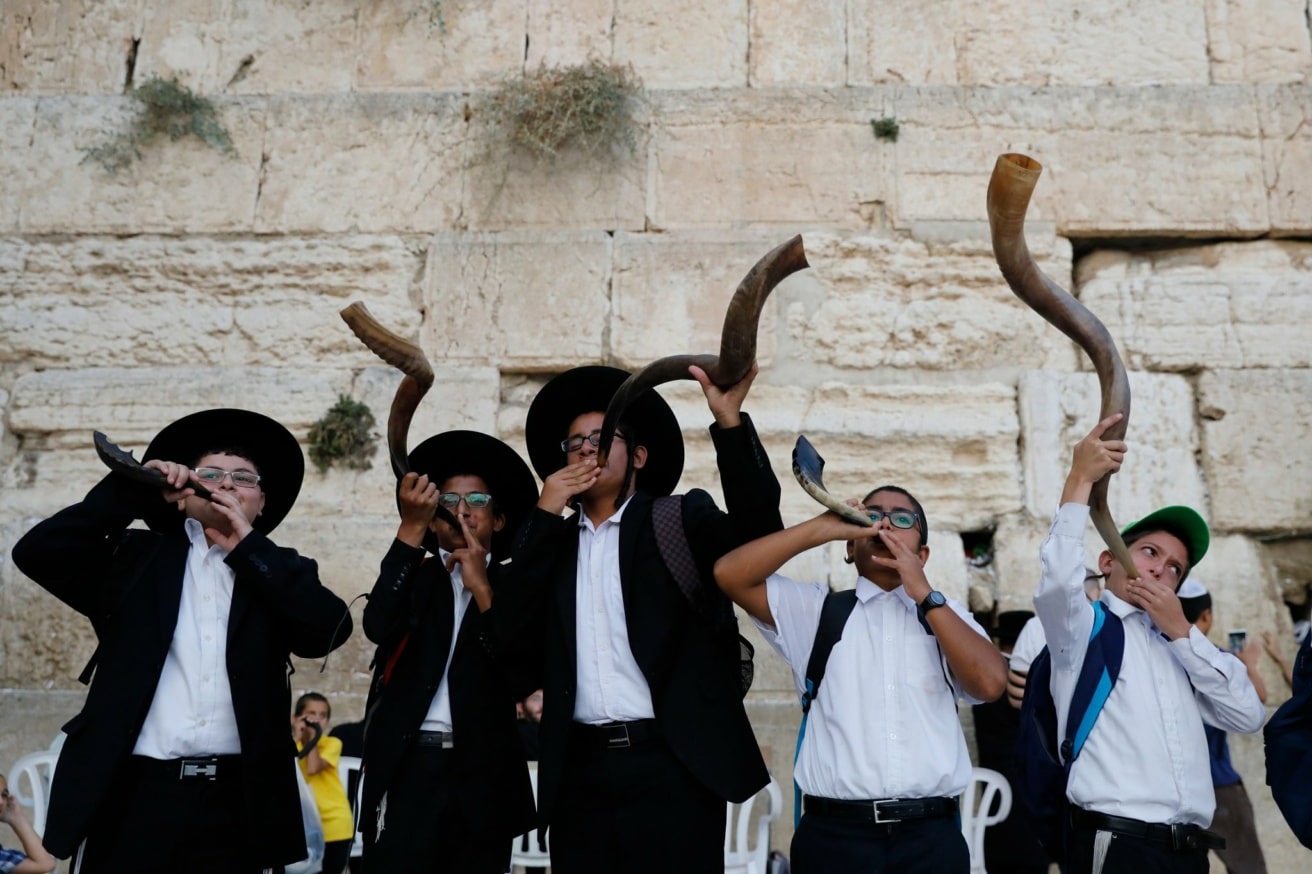It’s almost the New Year and everyone’s planning their New Years Resolutions for 2023. But do Jewish people celebrate New Year differently? Well, sort of!
So, when it comes to the New Year you’re probably referencing, the one that happens on midnight and starts on January 1, Jewish people basically do what everyone else does! We celebrate with family and friends by hanging out until the ball drops, drinking and eating and partying. Then we count down until it’s January 1, 2023.
But Jewish people actually have their own New Year celebration.
What is Rosh Hashanah?

Rosh Hashanah is the Jewish New Year, a celebration that started long before the New Year you’re thinking of. For Jewish people, it’s actually the year 5784. And it will be 5784 starting September 15, 2023, according to the Hebrew calendar.
Rosh Hashanah has been celebrated by Jewish people for thousands of years. The earliest mention of Rosh Hashanah by name was found in the Mishnah, a Jewish legal text that dates back to 200 C.E.
In Hebrew, Rosh Hashanah translates to “head of the year.” It lasts for two days and is meant to be a time for people who celebrate to reflect on the previous year and anticipate the coming year. There is a tradition where Jews will look back on past failings and then anticipate improvement and growth in the year ahead.
What are the Traditions for Rosh Hashanah?

Everyone celebrates this exciting holiday differently but Jewish people will commonly take time off from work and spend time attending synagogue. During these two days, Jewish people will spend time with family and away from electronics.
There are some special foods that help Jewish people celebrate, including sweet things like apples dipped in honey. This is a symbol of positivity.
Blowing the shofar, a ram’s horn, is another popular tradition. It’s used as a call to repentance and is blown in the morning of each day.
What is Yom Kippur?
Rosh Hashanah is a kickoff of sorts, and a variety of High Holy Days comes after. The 10 days end with Yom Kippur, the Day of Atonement. On this day, Jews atone for their sins and ask forgiveness from God and people they may have wronged. This is a more somber holiday than Rosh Hashanah.
So basically, Jewish people get two New Year celebrations! But on January 1, you can expect Jews to participate in all of the same activities as everyone else. If you’re interested in participating in some Rosh Hashanah traditions, check out Lost Tribe‘s annual streaming celebration. This is a casual hangout for Jewish teens that brings in the Jewish New Year with gaming, music, giveaways, and influencer streams.
